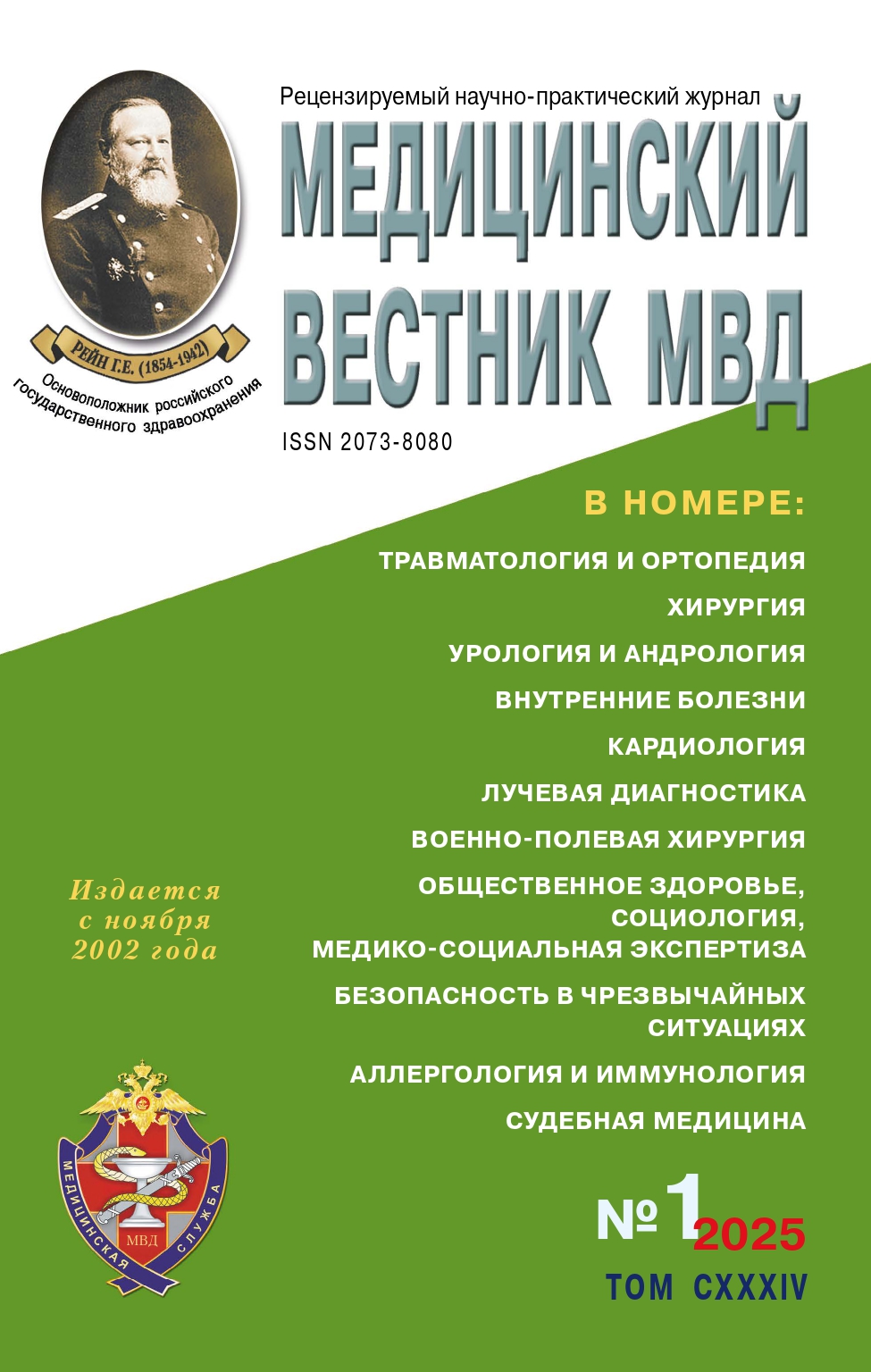Federal State Budgetary Educational Institution of Higher Education "Russian Presidential Academy of National Economy and Public Administration" (Department of Healthcare Organization and Quality Management, Institute of Industry Management, Head of Department)
Russian Federation
Federal State Budgetary Scientific Institution "Russian Scientific Center of Surgery named after Academician B.V. Petrovsky" (traumatologist-orthopedist)
Russian Federation
Federal State Budgetary Educational Institution of Higher Education "Russian Presidential Academy of National Economy and Public Administration" (Department of Healthcare Organization and Quality Management, Associate Professor)
Russian Federation
The paper concerns the problem of the lack of appropriate methodological tools to estimate involvement of the staff of medical organizations, as well as lack of the methods specially designed for medical organizations which would take into account the specifics of the work of this category of personnel and high risks of their burnout. The paper demonstrates a possibility to apply empirical methods based on the questioning and polling of the employees for estimation of the level of involvement of the staff of medical organizations. The importance of preliminary adaptation and checking of validity of those methods is underline
involvement of the staff of medical organizations, estimation of personnel involvement, empirical methods, questioning, polling
1. Zavisit li vyzhivaemost' biznesa ot vovlechennosti sotrudnikov v zhizn' kompanii? Ussuriysk.bezformata.com. [Elektronnyy resurs].
2. Prenestini A., Palumbo R., Grilli R. et al. Exploring physician engagement in health care organizations: a scoping review // BMC Health Serv Res 23. 1029. – 2023. Doi: https:// doi.org/10.1186/s12913-023-09935-1
3. Ivanova I.A., Sazhaeva G.A. Upravlenie vovlechennost'yu personala kak odna iz zadach menedzhmenta vysokotehnologichnyh predpriyatiy // Voprosy innovacionnoy ekonomiki. – 2020. – T. 10. – № 3. – S. 1207–1218. Doi:https://doi.org/10.18334/vinec.10.3.110655
4. Udal'cova N.L. Analiz modeley vovlechennosti personala v biznes-processy kompanii // Ekonomika, predprinimatel'stvo i pravo. – 2024. – Tom 14. – № 2. – S. 299–314. Doi:https://doi.org/10.18334/epp.14.2.120357
5. Rusin A.P., Goryaynova A.O. Ocenka vovlechennosti personala // Molodoy issledovatel' Dona. – 2018. – № 1 (10). – S. 63–72.
6. Tokareva A.A., Baronene S.G. Metodika issledovaniya vovlechennosti sotrudnikov universiteta // Universitetskoe upravlenie: praktika i analiz. – 2019. – № 1 – 2. – S. 11– 32. Doi:https://doi.org/10.15826/umpa.2019.01-2.001
7. Careva N.A. Vovlechennost' personala kak faktor ego uderzhaniya v kompanii // Azimut nauchnyh issledovaniy: pedagogika i psihologiya. – 2020. – № 3(32). – S. 410–412.
8. Antonova E.N., Levadnyaya M.O. Trening zhiznestoykosti v upravlenii vovlechennost'yu personala organizacii // International Journal of Medicine and Psychology. – 2023. – № 5. – S. 193–200.
9. How to Improve Employee Engagement in Healthcare [Elektronnyy resurs]. – URL: https:// www.oak.com/blog/improve-employee-engagement-in-healthcare/ (acessed: 01.09.2024)
10. More than 1 in 4 healthcare workers seek mental health support during Covid [Elektronnyy resurs].





